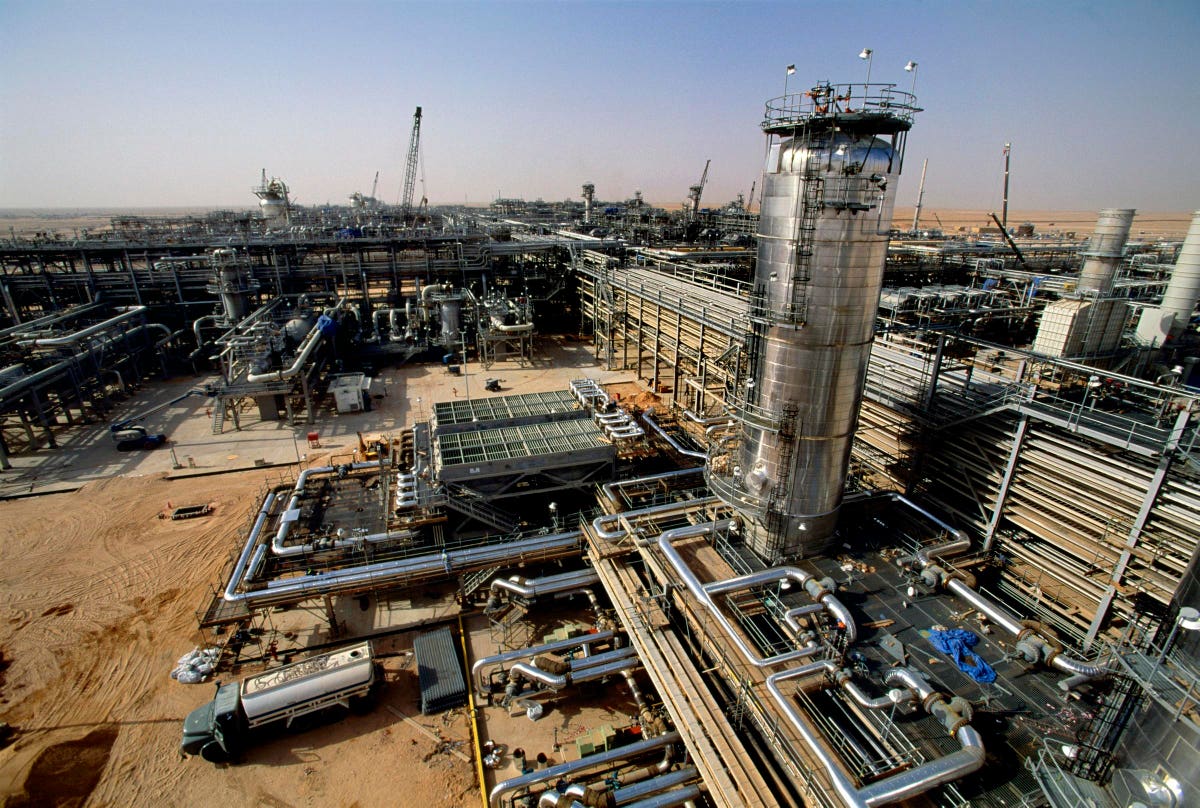By Saman Rizwan
The Saudi Ministry of Industry and Mineral Resources has announced plans to automate 4,000 factories over the next five years. The effort is part of the Future Factories initiative, launched by the Ministry of Industry and Mineral Resources. The initative is a key component of Saudi Arabia’s National Industrial Strategy. The initiative provides development mechanisms that can be used in all licensed factories in the Kingdom, regardless of their level of technical development. Its goal is to enhance the production efficiency and competitiveness of the industrial sector, reduce reliance on unskilled labor, and create quality jobs for citizens.
Gulf Union Food company is one example of a Saudi factory that has already implemented automation technology. By automating its production lines, the company has been able to increase its output while reducing its reliance on low-skilled labor. This has resulted in significant cost savings and increased competitiveness in the global market.
Here is what leaders need to know:
A Strategic Vision In The Desert
Saudi Arabia’s Vision 2030 is a comprehensive plan to modernize the country’s economy and reduce its dependence on oil. One of the key components of this plan is the National Industrial Strategy (NIS), which aims to develop the Kingdom’s industrial sector and increase its competitiveness on the global stage.
With a focus on 12 of the most promising sectors in Saudi Arabia, including aerospace, automotive, and renewable energy, the NIS aims to invest in research and development to encourage and facilitate the adoption of a range of Fourth Industrial Revolution technologies to achieve global leadership in the manufacture of a range of industrial commodities. Automation technology plays a crucial role in achieving these goals. Critical to this will be the adoption and implementation of Internet of Things (IoT) connected devices, artificial intelligence as well as 3D printing.
To further encourage automation in factories, the Ministry of Industry and Mineral Resources has also adopted the “SIRI” methodology to assess the readiness of factories to adopt Fourth Industrial Revolution technologies. An internationally approved indicator that measures the level of adoption by establishments of advanced technologies, the methodology provides the necessary tools to raise the rate of adoption of Fourth Industrial Revolution technologies and work on standard comparisons at the national and international levels.
Saudi Industrial Fund Is Making Key Investments Now
The SIDF’s support of such initiatives serves as an example of the Kingdom’s commitment to becoming a leading investor in the Fourth Industrial Revolution.
By investing in the development of modern factories, the Kingdom is not only creating jobs and economic growth but also positioning itself to become a major player in the global marketplace. But it’s not just about reducing costs and increasing efficiency. Automation also has the potential to create higher-paying, higher-skilled jobs in Saudi Arabia. As the Kingdom continues to invest in the development of modern factories, it will need skilled workers to design, build, and maintain these facilities.
Automation Is Seen As Driving Employment Oppurtunities
Automation will disrupt few jobs and increase oppurtunities for Saudi citizens the government believes. Automattion presents an opportunity for Saudi Arabia to upskill its workforce. By investing in education and training programs that focus on advanced technologies, the Kingdom can ensure that its citizens are equipped with the skills they need to thrive in a modern, technology-driven economy.
Automation as a technology remains a key component of Saudi Arabia’s Vision 2030 and the National Industrial Strategy. By investing today in the development of modern, automated factories, the Kingdom well placed to become tomorrow’s leader of the Fourth Industrial Revolution.
Read the full article here





